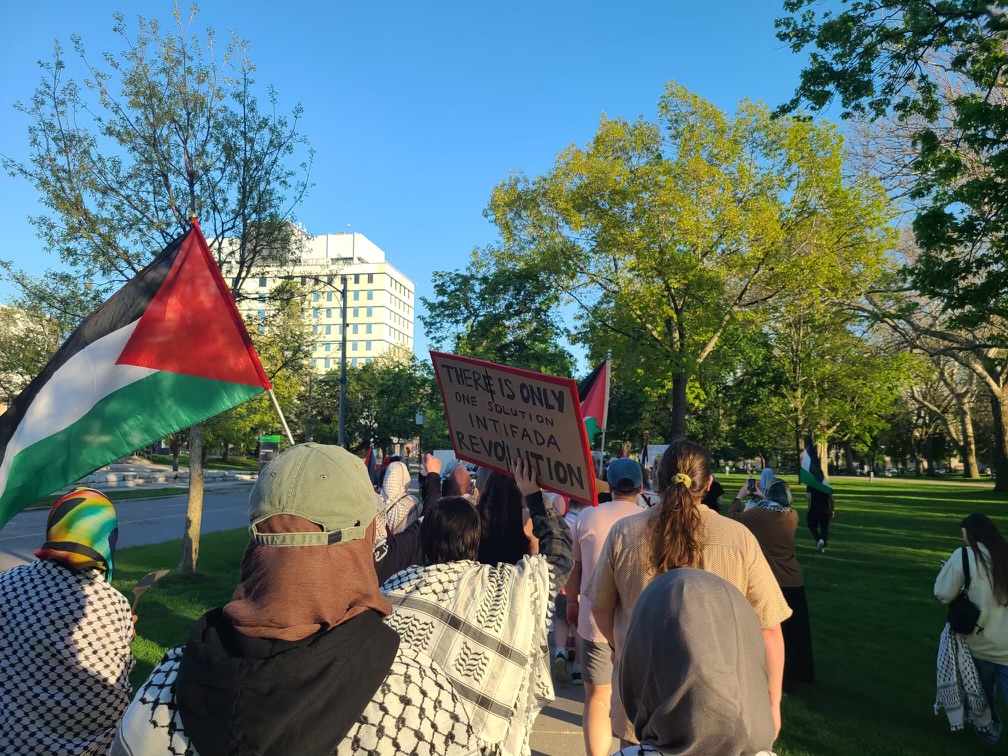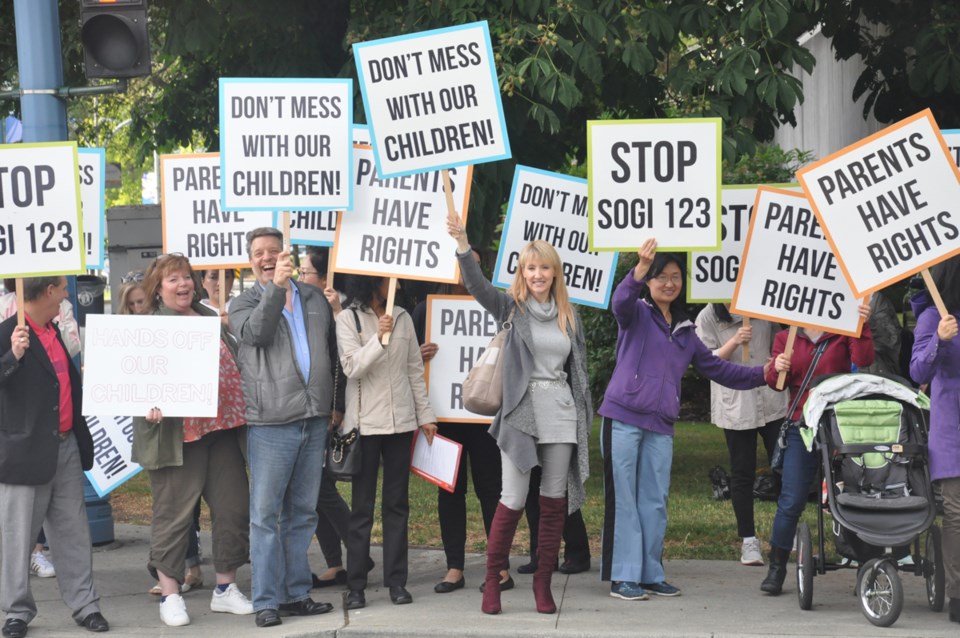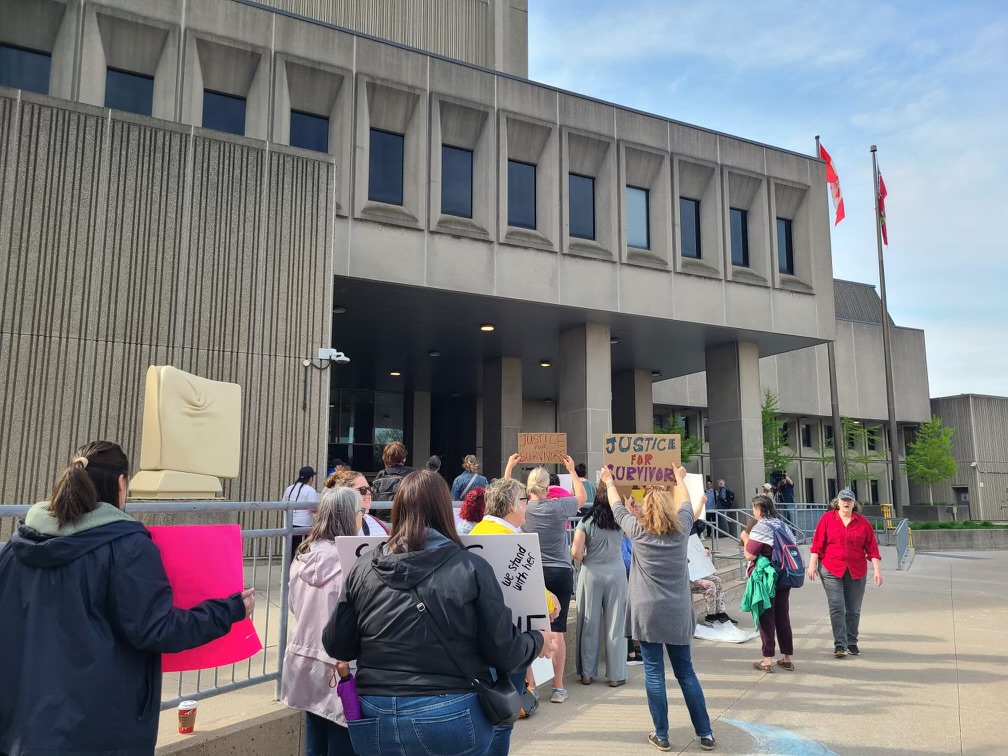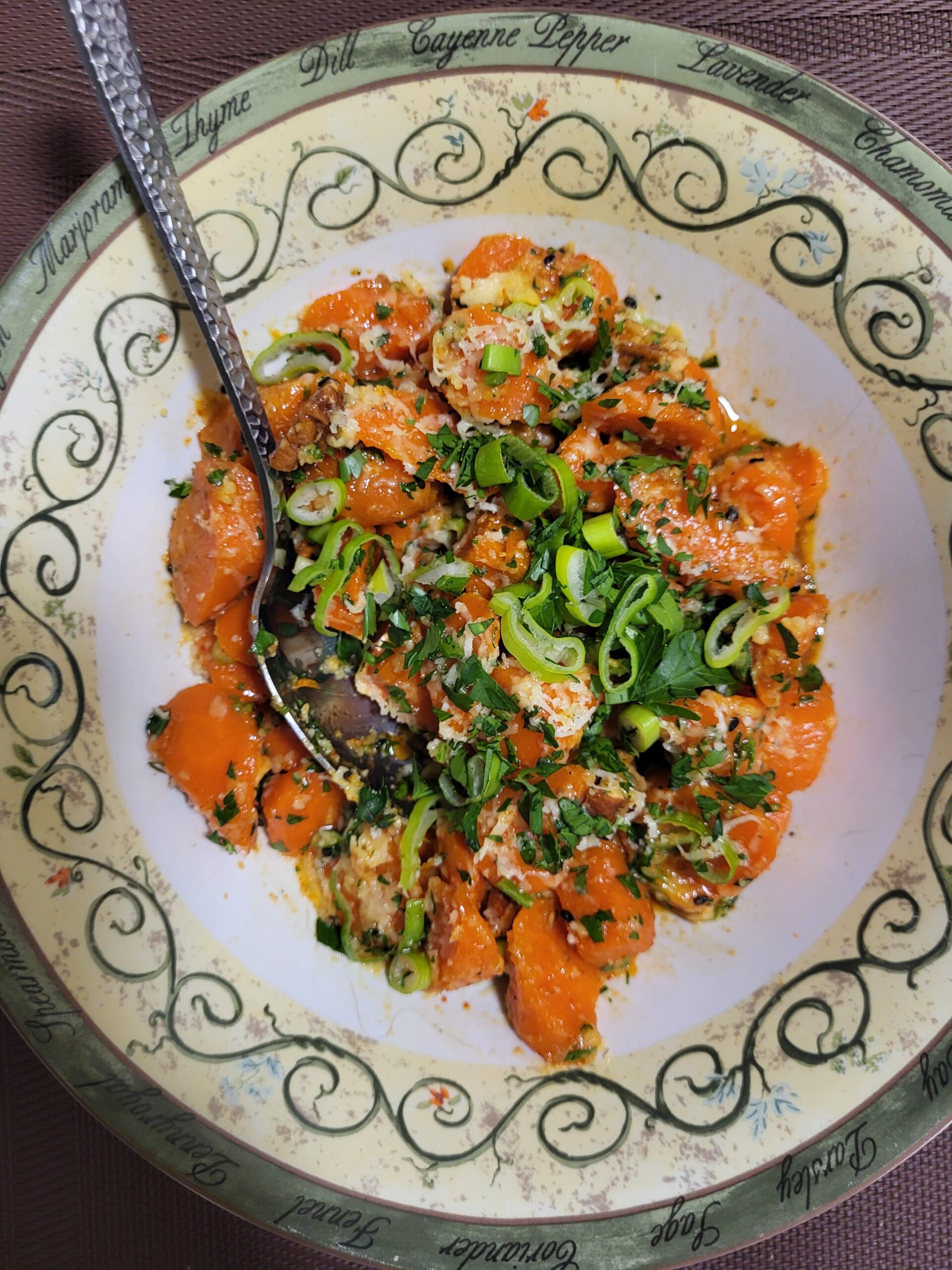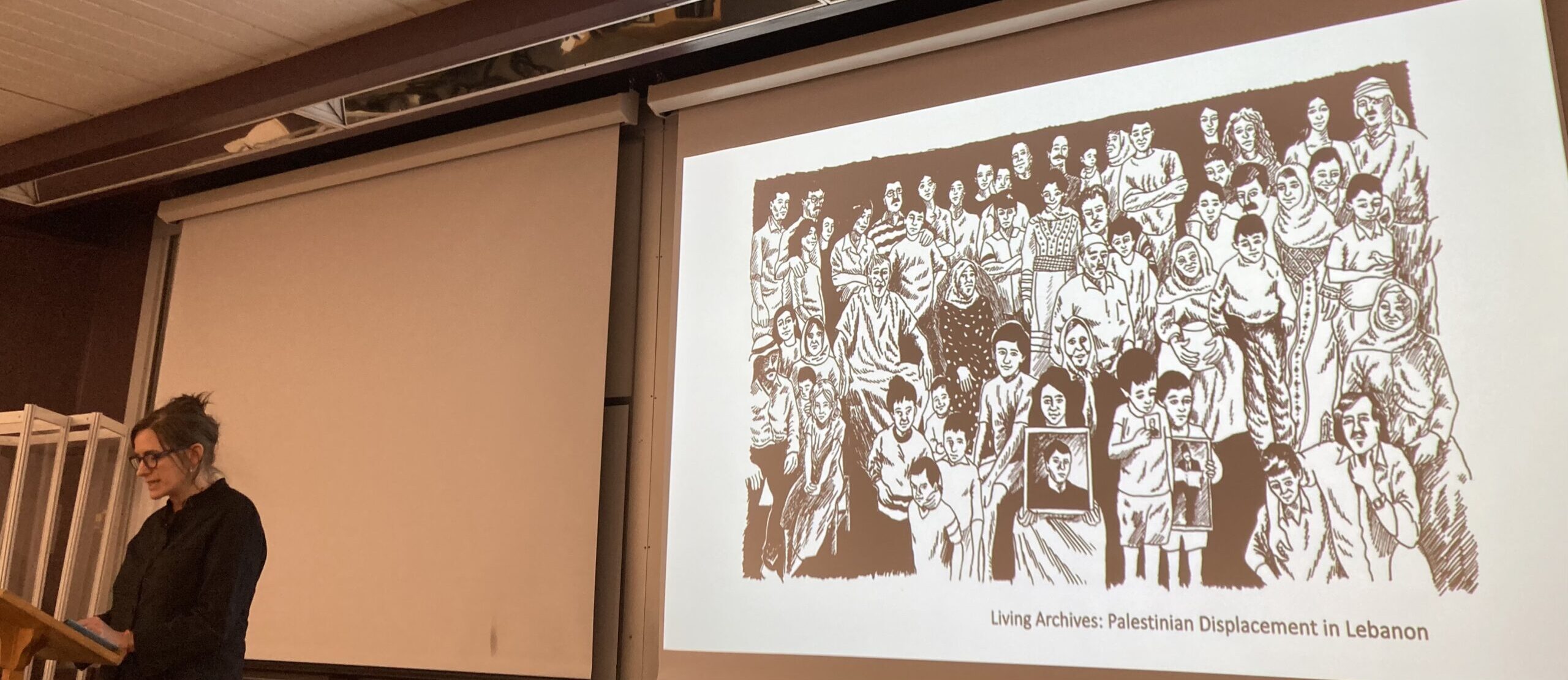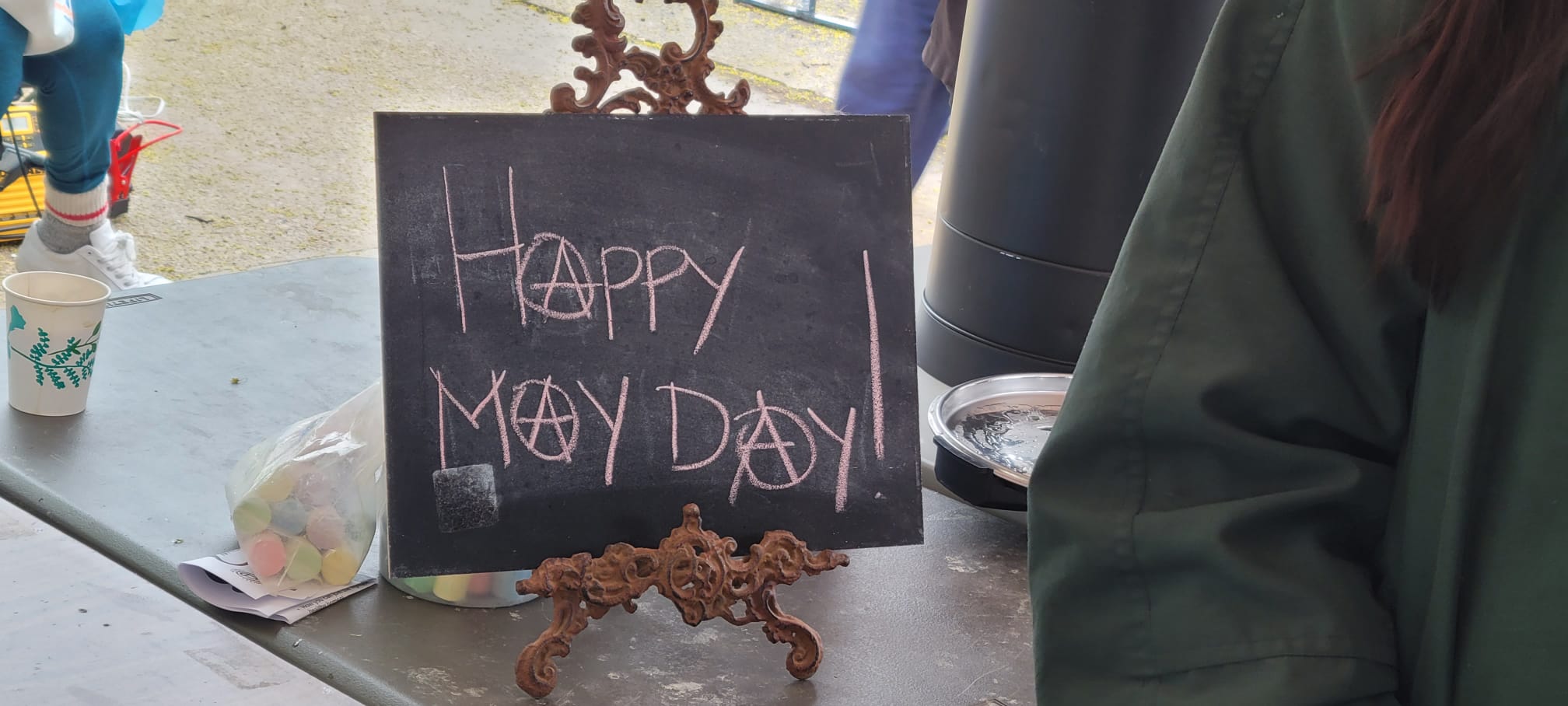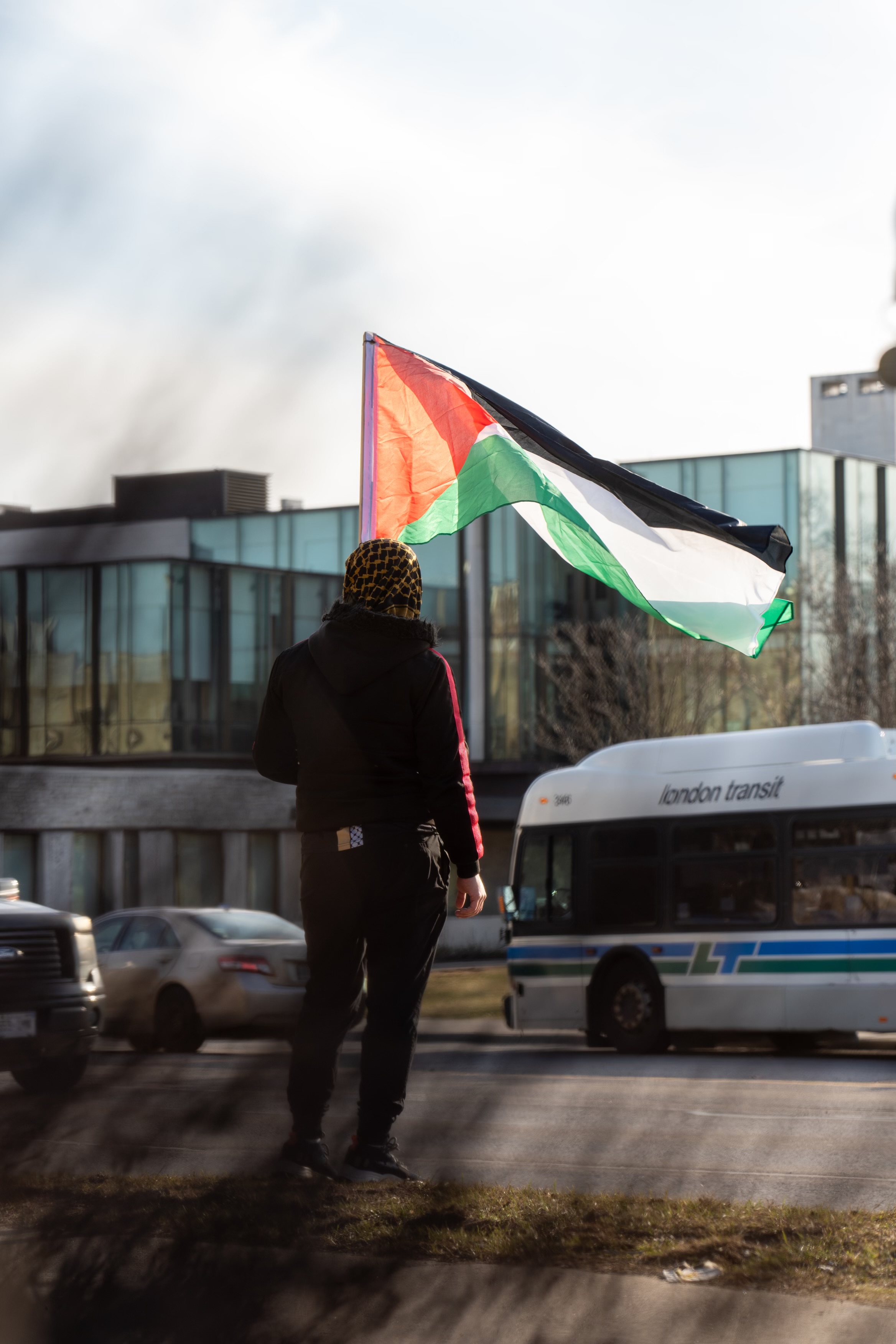Young Israeli dissidents: “Do anything you can to stop the genocide”
Incé Husain
Sat March 22, 2025

On Tuesday, March 18th, an Al Jazeera article by Maram Humaid from Gaza begins:
“It wasn’t a nightmare, it was real. The war had returned just like that, without warning. The clock read 2:10am when we woke up in terror to the deafening sound of air strikes. A violent noise shook everything around us. My daughter, Banias, woke up screaming in fear: “Baba! Mama! What’s happening?”
For the last four days, Al Jazeera notifications stormed phone screens.
At least eight Palestinians killed, including children, as Israel carries out “extensive” air attacks on the Gaza Strip – follow live
Dozens of Palestinians killed, including children, in wave of surprise Israeli air strikes on Gaza – follow live
Authorities in Gaza said more than 200 Palestinians killed in Israel’s surprise wave of air strikes on the territory – follow live
Number of people killed in Israeli attacks on Gaza rises to 404, many children among the casualties – follow live
Israel says more attacks to come as air strikes kill over 400 Palestinians in Gaza
Israel’s renewed strikes kill 183 children in Gaza – follow live updates
The dawn attacks on Tuesday hit sleeping displaced people – two-thirds of those killed were children or women
Israel retakes Netzarim Corridor, again splitting Gaza in half – follow live
“Photos and videos flooded in – shattered bodies, martyrs, the wounded filling every functioning medical centre in the Strip,” reads Humaid’s article. “Scenes that we had barely begun to forget, returned. Moments later, Israel officially announced it was abrogating the ceasefire and resuming its war on Gaza.”
“The gates of hell will open,” says Israeli Defense Minister Israel Katz.
***
“Do anything you can to stop the genocide,” says Einat Gerlitz, a twenty-one year old Israeli Jew who refused to enlist in the Israeli military in 2022. “The Western world is complicit in the genocide, and without the Western world the genocide couldn’t have continued. Continue to struggle from outside, we’re continuing to struggle from inside.”
Gerlitz was imprisoned by the Israeli military four times, for a total of 87 days, until Israel’s “Conscientious Committee” finally granted her an exemption. In flagrant violation of the International Covenant on Civil and Political Rights, Amnesty International reports that the military-run Conscientious Committee does not functionally allow military refusal on the grounds of conscience. It recasts pacifist arguments as political ones, and attempts to convince refusers that their ideologies align with the military. It aggressively interrogated Gerlitz to tears. Some Israelis called her a traitor and hurled death threats.
“There are many people that I drifted away from and they drifted away from me,” says Gerlitz. “I went to prison, they went to the military. I was on the streets protesting the genocide, they were committing it inside of Gaza.”
Tal Mitnick, nineteen years old, was the first Israeli Jew to refuse military service after October 7th, 2023. He was imprisoned six times, for a total of over six months, before he was exempted. In December 2023, he boldly stated “I refuse to take part in a revenge war”.
“Seeing the pictures of the body bags and the small body bags that feel like — they’re too small to be in body bags — it was hard being so far away and feeling… that we don’t have any power,” says Mitnick of Israel’s recent renewal of the genocide.
Both are part of Mesarvot, a network of Israeli activists refusing to serve in the military. The group offers legal aid, mentorship from past refusers, and media training to new conscientious objectors. It also flocks to local and international events to share experiences of refusal, urging Israeli youth to question “the Israeli war machine”. On the evening of Tuesday, March 18th, Mitnick and Gerlitz spoke to a room of about ninety people in London in an event organized by Independent Jewish Voices.
We reject the violent system that drafts us into serving apartheid, occupation, and genocide, reads a Mesarvot flyer at the event. The state demands our obedience; we answer with refusal. This is not just an act of personal conscience – it is a direct confrontation with a militarized regime that thrives on silencing dissent. Refusal means resistance. Refusal means solidarity with the Palestinian people. Refusal means fighting for human rights and freedom, for everyone.
A Linktree for Mesarvot includes two forms that can be filled with letters of support to two Israeli refusers currently anticipating imprisonment, Ella Keidar Greenberg and Netta Lannes Arbel.
Arbel, twenty-four and first imprisoned for eight days in December 2024, stated:
I refuse to close my eyes, to excuse or justify these horrific crimes. I refuse to back them or allow their continuation in my name. I truly believe the only way to promote a reality of peace, co-existence, mutual understanding and the upholding of human rights is to shatter the legitimacy and credibility of the military system. I don’t see a world where peace and security can exist – for both Jews and Palestinians – while they are only maintained behind the barrel of a gun.
Greenberg, an eighteen-year old trans woman, was imprisoned on March 19th. She stated:
As I rejected the Gender role assigned to me, so I reject my militarisation in the service of violence and domination. True liberation cannot come through an army that enforces apartheid and commits genocide. In a time of mass destruction, of trampling on rights, of war—refusal is necessary. Do not be complacent. Gather, organize, resist.
Gerlitz and Mitnick came from households that vaguely acknowledged a need for resolution between Palestinians and Israelis. Detailed awareness of Palestinian history and life beneath occupation was absent.
“I grew up with the idea that there was a cycle of violence in our land between Israelis and Palestinians, and both sides are committing horrible crimes that need to be stopped, and that every side has its own narrative, and that something has to work out,” said Mitnick. “I don’t think it has enough recognition of the power dynamic between Israelis and the Palestinians, but it’s a very good starting point in having critical analysis of what’s happening around me and not just listening to the Zionist narrative of ‘we’re always under attack and we’re always the victim’.”
Mitnick’s father was a journalist who’d interviewed Israeli officials and Palestinian militants, covering “every political event that was happening”. Dialogues about the world thrived in his home. In his teens, Mitnick developed a keen interest in politics and began reading books that nurtured “alternative ways” to view the land he lived on; these emerging worldviews entangled with discussions in his home to build his current opinions.
“I grew up in a Zionist leftist household,” says Gerlitz. “There was talk about human rights and socialism. I grew up in an environment that really criticized the government and talked about the need for equality for minorities and for coming to a political solution with the Palestinian people, but at the same time holding this narrative that it is important to maintain a Jewish state and that Zionism as an idea is important, but has many faults in the way it is acted on in reality. It’s not the view I hold on today, obviously. Today, I think we need to strive for human rights for everyone, from the river to the sea, and that we need to break down Jewish supremacy.”
Gerlitz’s grandparents lived in a kibbutz – a communal settlement in Israel – about five kilometers from the Gaza border. When bombs would rain on northern Gaza, their house would shake. Gerlitz had asked her grandmother how much time children in Gaza had to flee to bomb shelters. Her grandmother said that most of them don’t have shelters, and hoped that “one day there wouldn’t be these borders, and that we could visit them and they could visit us”. She spoke of how beautiful the Gaza beach is.
But Israeli militarism, its seeds sown in childhood, taint all.
“No matter how liberally raised or how progressive your parents are, the systems of militarism and the systems of brainwashing get to every single child,” says Mitnick.
Purim, a holiday that Mitnick described as “the Jewish version of Halloween”, was full of Israeli children dressed as armed soldiers. When Mitnick was in first grade and an Israeli assault on Gaza raged, he participated in a “school activity” where he and his six-year-old classmates wrote letters of support to Israeli soldiers. Middle schools offered training courses to funnel young boys into elite army units, propelling conversations in pre-teen social circles. Mitnick’s childhood fantasies were full of gun-holding, crawling in dirt, and sacrificing himself for his nation. He says these visions have “deep roots in the patriarchy that we have in our society” which equates “manliness” with militarism and violence.
“As a six-year-old, you can’t grasp what that means. You can’t say “no, that’s not my conscience”. You’re a six-year-old. I can’t encapsulate everything that happens when you’re in the system.”
Gerlitz’s grandfather fought in the war of 1967, in which Israel seized control of the Gaza Strip, the West Bank, the Old City of Jerusalem, Egypt’s Sinai Peninsula, and Syria’s Golan Heights. She said the military populates public space; daily sightings of armed soldiers are normal and heroic. Military service is “not only a duty by law”, but a social standard for “how to give back to the country for protecting you”.
As a child, Gerlitz “wasn’t very patriotic or nationalist”. Guns intimidated her. Yom HaZikaron, a national memorial day for passed Israeli soldiers, confused her.
“In Israel, the memorial day for the soldiers is one day before the Independence Day, and it’s a very big day, and I never really understood – how can we mourn so deeply the ones who die and then, the next day, we’re told how we should be excited to be soldiers when we’re going to grow older?”
Gerlitz and Mitnick chose to become refusers after hearing Palestinian stories of occupation.
Gerlitz, embedded in queer youth movements and climate activism, befriended Palestinian activists who were Israeli citizens. At seventeen, she first heard the word “Nakba” – which refers to the expulsion of Palestinians from their native lands since 1948. She realized that the stories she’d heard about the land didn’t match those of her friends’. She realized that her Israeli citizenship was loaded with privileges that her friends’ were denied. She met a Druze trans woman who was forbidden from returning to her village.
“There is a responsibility that comes with being sensitive to social injustices, and once you’re a part of an oppressed group, part of a minority, you experience some oppression yourself, and you have these glasses of social injustices of seeing them. You can’t unsee it,” says Gerlitz, who came out as a queer woman when she was fifteen. “You have a big responsibility that comes with it – to act on the injustices that are happening to other groups too, not just the fight for yourself. It’s a struggle for the freedom of all of us. Then I decided that I was going to refuse. I’m not going to enlist in a military that oppresses my friends’ families.”
Mitnick read a story about a baby born in Gaza named Fatima. A couple months after her birth, she was diagnosed with a condition easily reversed with standard medical treatment. But Gaza’s healthcare system, debilitated by the Israeli apartheid system, could not provide this care. Her parents sought a doctor in East Jerusalem, which required Israeli forces to grant them permits. These permits were delayed until Fatima died at the age of seven months.
Not long before, Mitnick’s own father had passed away from cancer following months of the best available care. He began to grieve both his father and Fatima, starkly aware of the difference in the paths that led to their passings.
“I realized that I’m very privileged. Although I am in deep grief, although my family suffered a terrible loss, I know that we went to the best doctor, we got the best medications, and this was just fate. But Fatima’s parents will forever have to live with the question of ‘what if you were born on the other side of the border, what if we had access to the medication we need’. All these what-ifs. What if she could have grown up to be a person in the world?” says Mitnick. “And that’s when I realized that not only can I not be the soldier holding the gun at the checkpoint, not only can I not be the one raiding houses in the middle of the night, I cannot be part of any screw in the system that is bent on the oppression of the Palestinian people, and sacrifices the security both of Palestinians and of Israelis, for the notion of Jewish supremacy, from the river to the sea.”
In the summer of 2023, Mitnick protested judicial reforms in Israel that stripped the court systems of their power and reallocated it to the government. He drafted a letter with peers – in an initiative called “Youth Against Dictatorship” – declaring a refusal to join the military and calling to “move forward to a future where both Palestinians and Israelis have freedom and have justice, from the river to the sea”. They garnered over 280 signatures, occupied their school to “show the world their letter”, and were condemned by members of the Israeli government and head of military.
“This all happened in August, 2023,” says Mitnick. “About a month and a half before the world that we knew and the growing movement of refusal would get turned on its head.”
On October 7th, Gerlitz was in Masafer Yatta, a community of Palestinian villages in the West Bank. She had planned to live there for three months, learn Arabic, help Mesarvot organize Mitnick’s planned refusal, and engage in its “beautiful history of Israeli and Palestinian co-resistance” against occupation.
She woke at 6:30am to the sounds of nonstop sirens and bombs. Media coverage, in those first hours, was absent; no one knew what was happening. She called her grandparents in the kibbutz, who had fled for shelter as sounds of shooting surrounded them. Amidst this fear, a “new reality” began to emerge in the West Bank.
“If we thought we got to a rock bottom before, it was nothing in comparison to what’s happening now. If before the reality was unbearable and very violent – this is a whole new opera,” says Gerlitz. “From the second or third day, settlers used live ammunitions inside Palestinian villages. Settler didn’t wait anymore for the military to demolish Palestinian homes, they demolished them by themselves. It was all very scary. Inside all of this happening, we felt like we had to do something, we can’t stay silent.”
Gerlitz took to the streets in protest, in an environment of “insane political persecution”. She says that in the first two weeks, more than a hundred university students were arrested or expelled for posting statements like “Stop the war”, concern for Palestinian civilians, or Palestinian flags on their Facebook pages. Most of them were Palestinians with Israeli citizenship, but some were Jewish Israelis. Fascism in Israeli society skyrocketed beyond its norms of occupation; Mitnick says Palestinians were being attacked just for speaking Arabic or wearing traditional clothing. In this reality, Mitnick’s enlistment approached. He chose to refuse publicly, aware that it would reach “big crowds in Israeli society”. He received death threats, was doxxed, and was directly targeted by the head of the enlistment base, who issued a direct order to bar his objection.
“The decision to stand in solidarity with Palestinians while they were undergoing a genocide is a decision I will never regret,” says Mitnick. “I think the difference between being an Israeli and a Zionist is that being Israeli is not a choice. We’re born into the state and we didn’t choose where to be born and we didn’t choose to speak the language or to have the culture. Of course, the culture was created in the sins of the Nakba and the forced displacement before 1948. But at the end of the day, this society was created, and I was born a part of it, and I cannot erase it from my identity. Talking with some Palestinians, there are some that have criticisms, but we find that there’s very big support when they hear about our refusal to join the military. It’s such a big thing to hear that we weren’t the ones standing at the checkpoints they have to cross through every day, we weren’t the ones flying the planes over their families. Instead of enlisting in a military that massacres their people, we choose to stand in solidarity with them.”
Both Mitnick and Gerlitz will continue activism work with Mesarvot. Gerlitz hopes to go to university and pursue a career in human rights work. Mitnick plans to learn Arabic and join an avenue of struggle in Masafer Yatta of “standing physically in solidarity with the Palestinians, between the bulldozers, between the soldiers, between the settlers, that try to attack, day in and day out, the villages”.
“We have each other. We’re together in this, none of us are alone,” says Gerlitz. “Me and Tal have each other, we have IJV behind us, we have Mesarvot, back home we have a whole network of refusers. Community is the key to activism.”
With files from Emmanuel Akanbi
